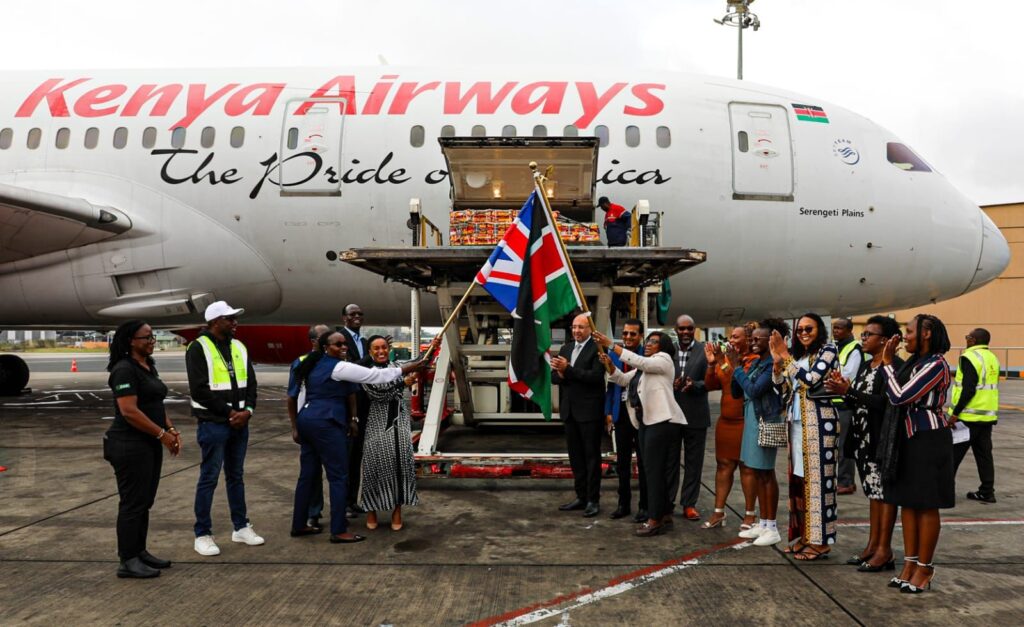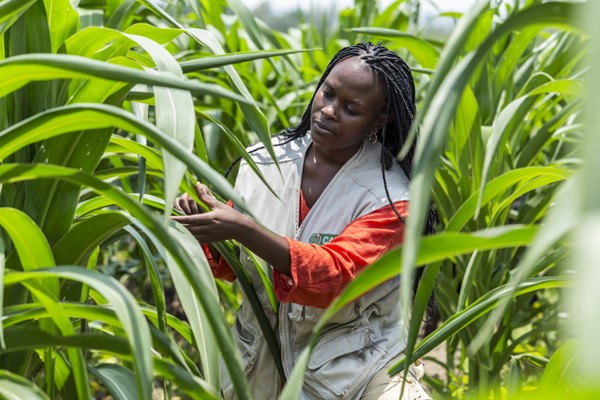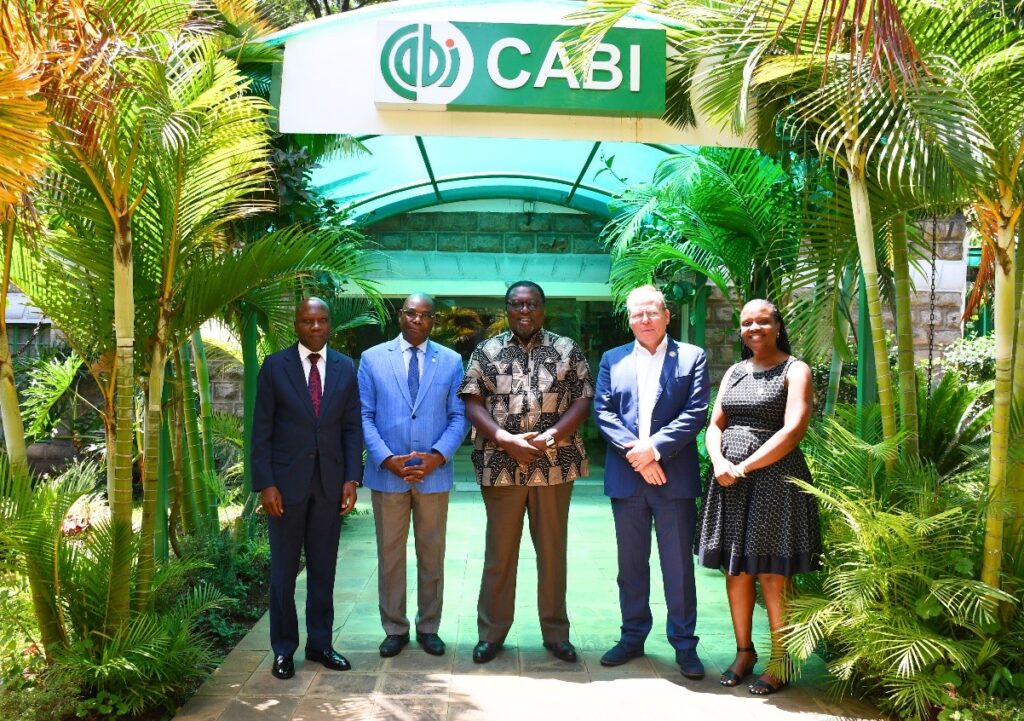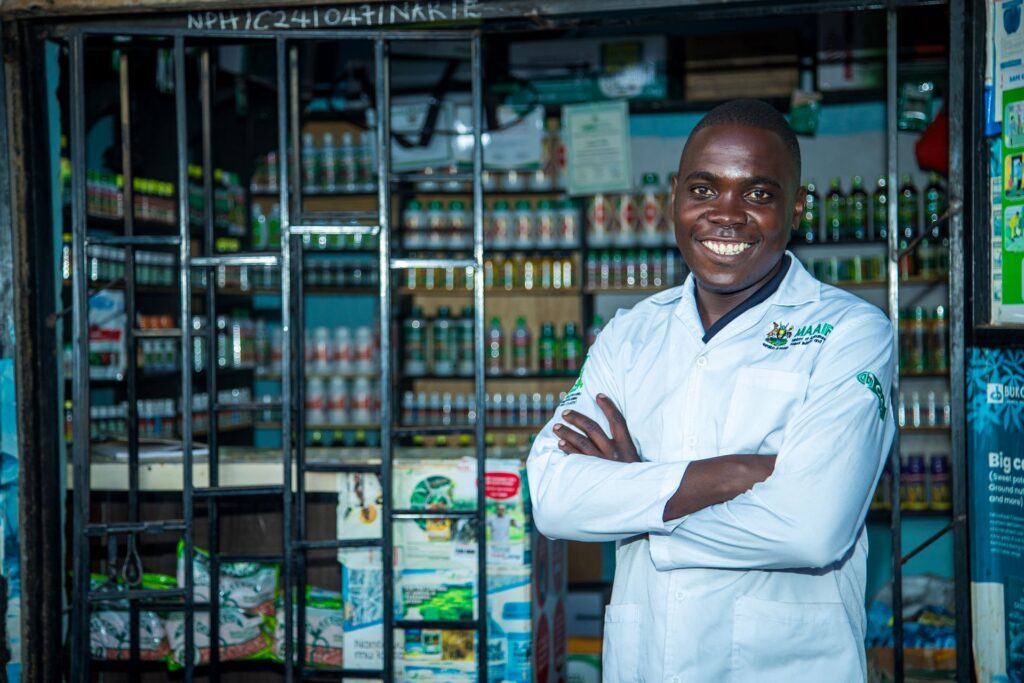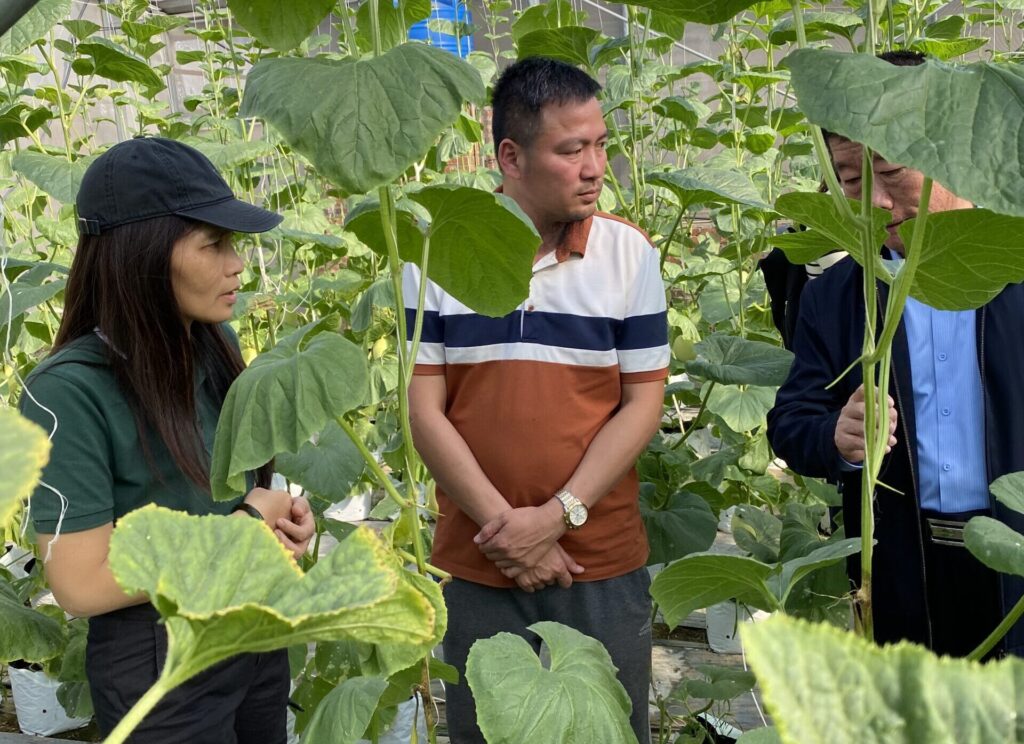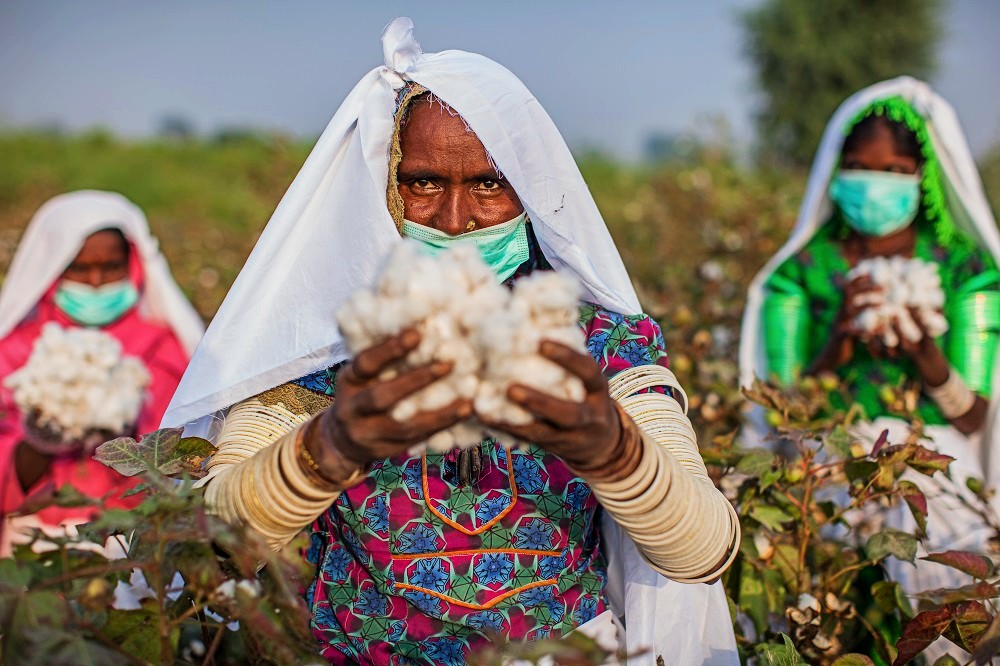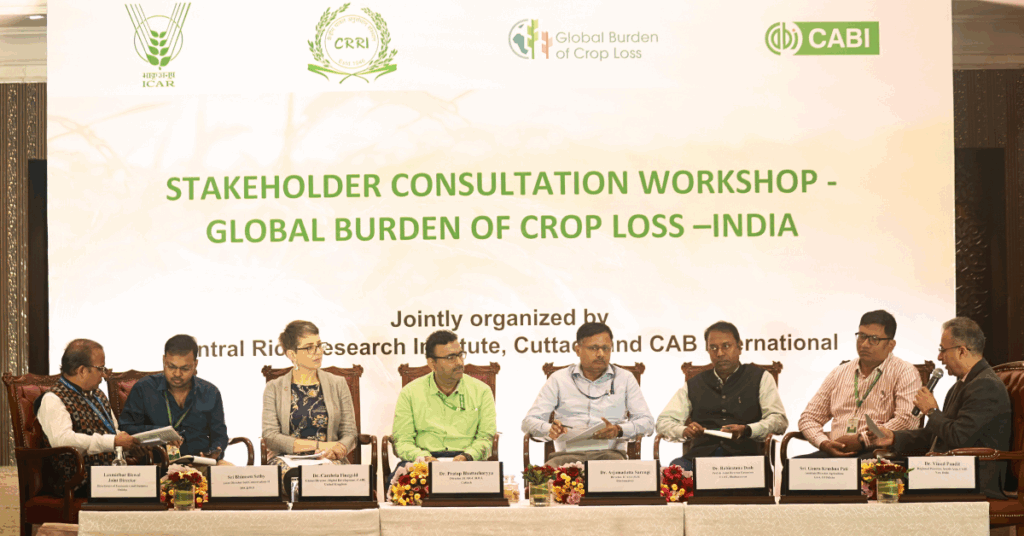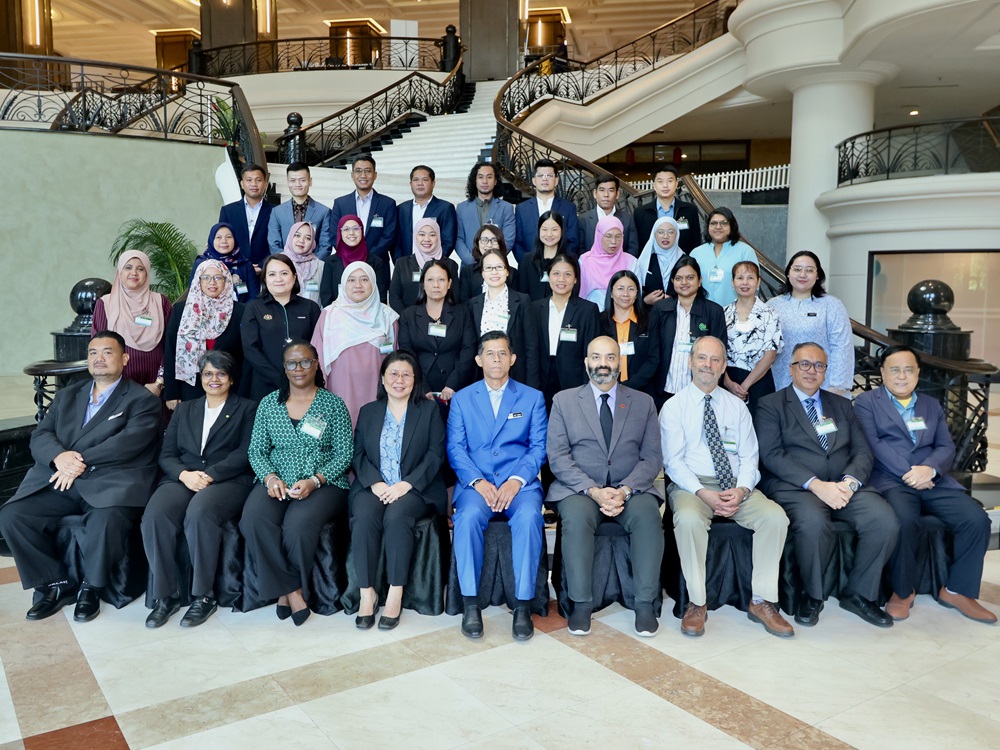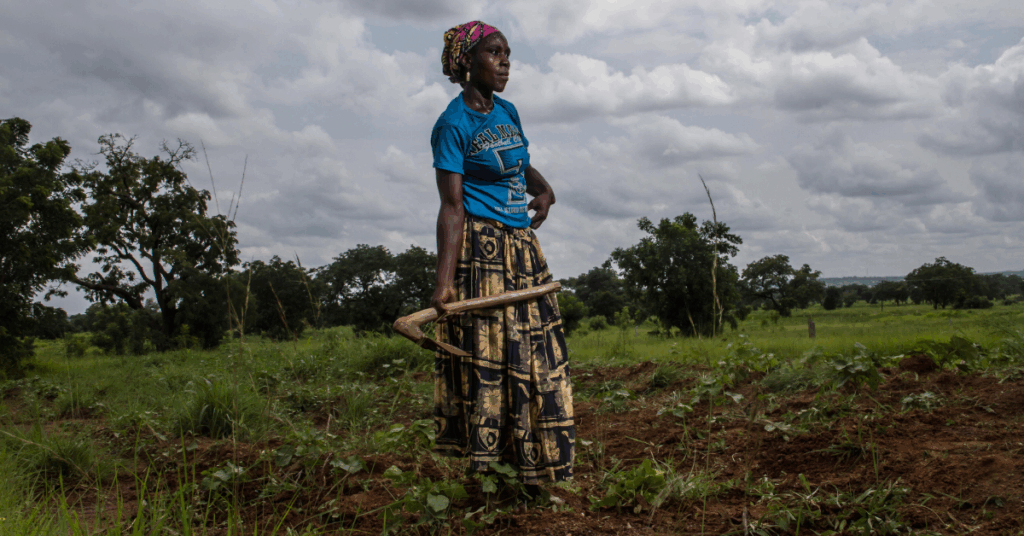CABI Blog
You are here: CABI Blog
CABI supports Kenya’s Apple Mango entry into the UK market
February 24, 2026
Eunice Murathe
No Comments
As shoppers in the United Kingdom prepared for Christmas celebrations in December 2025, a new fruit from Kenya quietly made history. The country shipped its first‑ever consignment of Kenya’s Apple Mango variety to the UK. This landmark achievement demonstrated Kenya’s ability to meet the UK’s stringent market requirements and also highlighted the wider economic opportunities…
Discover Imperial’s master’s on sustainable agriculture, supported by CABI
February 17, 2026
Eunice Murathe
No Comments
Around 828 million people still face hunger, and 3.1 billion cannot afford a healthy diet. Without transforming how food is produced and consumed, the world risks missing Sustainable Development Goal 2 , ending hunger and promoting sustainable agriculture, by 2030. At the same time, global food demand is projected to increase by up to 70%…
AIRCA members stress value of partnership for global food systems transformation
February 10, 2026
Eunice Murathe
No Comments
As global development financing tightens and Official Development Assistance declines, leaders of six major international agricultural research organizations convened under the AIRCA platform to chart a more coordinated and ambitious path – one that strengthens partnerships and delivers practical solutions for farmers, communities, and governments. The two-day strategic meeting, held on 27–28 January 2026 at…
Bridging the gap: How youth agripreneurs are empowering farmers across East Africa
February 6, 2026
Harrison Rware
No Comments
Youth agripreneurs across East Africa are helping farmers access practical, local support that improves yields, increases incomes, and strengthens sustainable farming.
AI, copyright, and content licensing in digital agriculture
February 2, 2026
Ameen Jauhar
1 comment
This blog explores how content licensing in agriculture is evolving with the rise of AI, and what these changes mean for copyright, data governance, and digital innovation.
Vietnam to advance biocontrol collaboration with experts from CABI and China to promote sustainable agriculture
December 18, 2025
Nanthakumar Naiker
No Comments
CABI is supporting Vietnam to advance biocontrol by taking an important step towards greener, safer and more sustainable agriculture
Highlights from 2025: Most read blogs
December 16, 2025
Rolanda McGuire
No Comments
As 2025 draws to a close, we’ve reviewed the numbers to highlight this year’s achievements on the CABI Blog, from pest risk reduction and innovative agricultural initiatives to addressing crop loss and earning global recognition. Revisit this year’s top 10 most popular blogs…
Partnering to improve crop loss data for Odisha’s rice farmers
December 3, 2025
Kritika Khanna
No Comments
CABI and CRRI are partnering to strengthen crop loss data in Odisha’s rice systems. Through workshops and stakeholder engagement, the initiative aims to generate robust evidence to support farmers, inform policy, and build resilient, data-driven approaches to reduce crop losses.
Collaboration in plant health, biosecurity, and pest data management strengthened through ASEAN Pest Database
November 20, 2025
Wayne Coles
1 comment
The 2nd workshop on the Association of South East Asian Nations (ASEAN) Pest Database, aimed at strengthening regional collaboration in plant health, biosecurity, and pest data management, has been held in Putrajaya, Malaysia.
One Health research: the three big questions
November 14, 2025
Monique Tsang
No Comments
CABI’s One Health Research Roadmap identifies knowledge gaps and future priorities, guiding researchers and policymakers to deliver coordinated, cross-sectoral solutions for people, animals, plants, and ecosystems.
Subscribe to blog
DISCLAIMER
Views expressed in contributions do not necessarily reflect official CABI positions.
Archives
Categories
- Agriculture and International Development
- Veterinary and Animal Sciences
- Climate change and biodiversity
- Publishing
- Value chains and trade
- Crop health
- Environmental Sciences
- Human Sciences
- Tourism, Hospitality and Leisure
- Food and nutrition security
- Plant Sciences
- Gender and youth
- Digital development
- Development communication and extension
- Economic development
- Invasive species
- CABI Bioservices
- One Health


